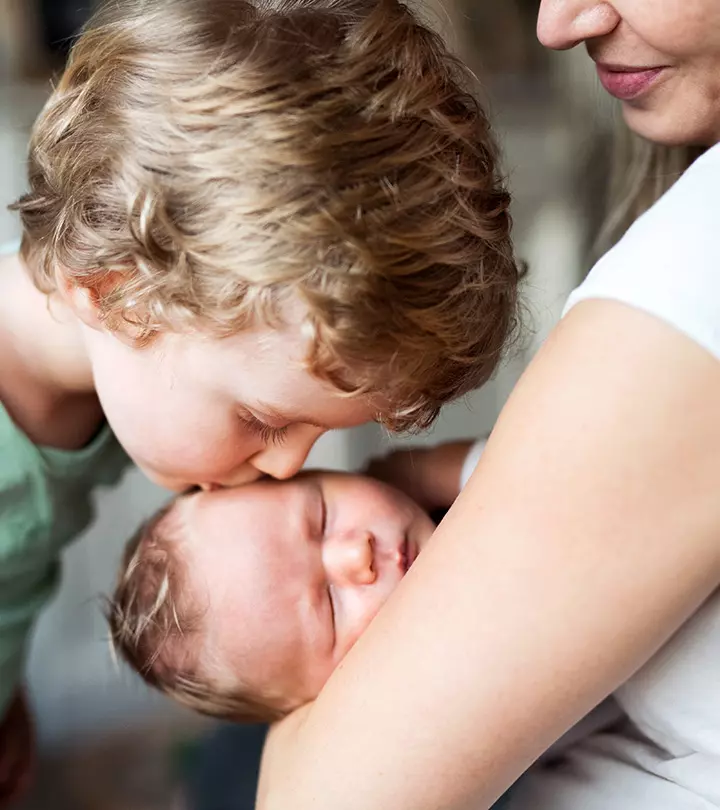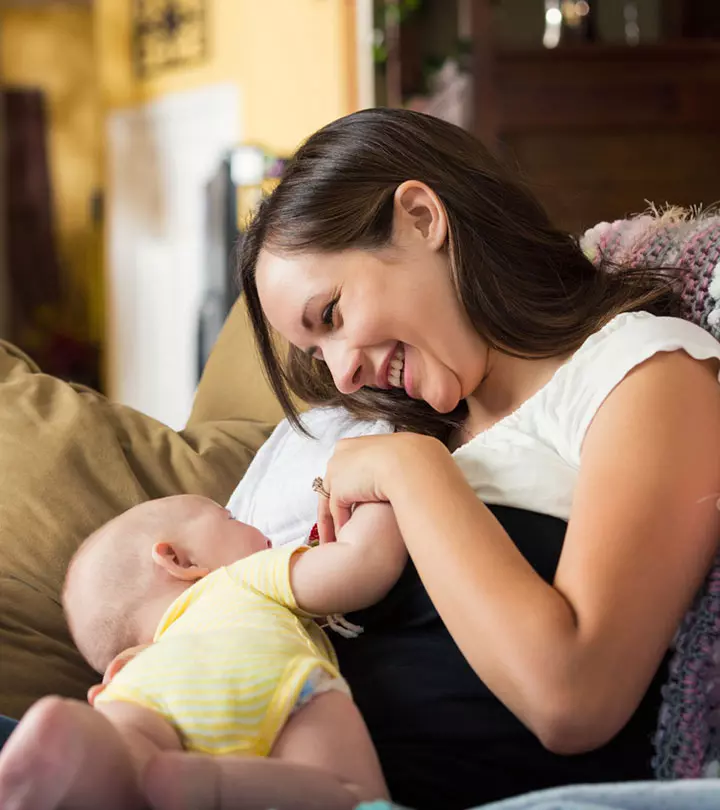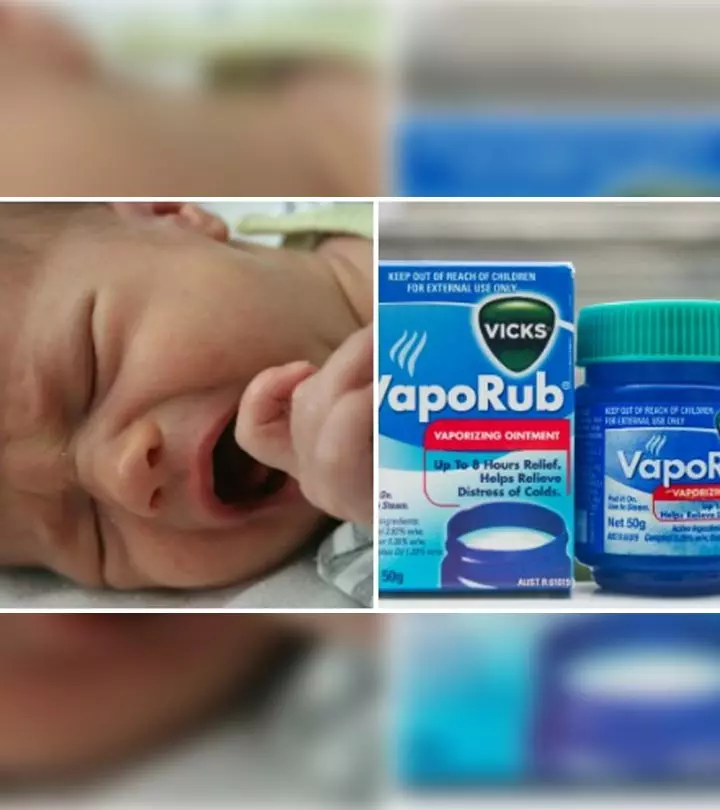

Image: iStock
Did you know that babies who grow up in loquacious surroundings or are born in talkative families have a higher IQ by the time they are three-years-old? Such children also score better at school by the age of nine, when compared to children who grow up in relatively quiet surroundings.
The finding was published in the book ‘Meaningful Differences in the Everyday Experience of Young American Children’, by Betty Hart and Todd Risley.
Typically, a baby’s first words are something that every mom remembers fondly. But, how early is too early to begin to talk to your young one? Did you know that there are child prodigies who can speak three worded sentences by the age of eight months? And, incredibly, it’s pretty much within your limits to help your baby cultivate language skills. Here’ how you can achieve it:
1. Start Talking Very Early
When your baby is still at the babbling stage, you don’t need to wait for him to lap up words and begin to talk. You should talk to your baby right from the start – perhaps right from birth. That way, the baby not only recognizes you, forms a deep bond with you, but also picks up the language fairly earlier than other babies. Early talking also helps babies to develop a large vocabulary. Early talking helps your baby familiarize himself with the words. And, with regular usage, your baby can gather the meaning of the word.
Eventually, your baby could make a registry of the words in his brains. The more your baby hears the words, the more he would gain coherence. In yet another study, it turned out that preterm babies who were in the neonatal intensive care unit and exposed to a decent number of words, responded with sounds of their own, indicating that conversing with a premature baby could help developing his speech.
2. Help With Connecting The Words
If your baby has had a long day with his routine of feeding, soothing, and changing, and you think he must sleep, tell him, “It’s time for a nap, honey.” If you watch your baby looking at a certain thing, tell him what that thing is and what it does, whether it is an eatable or a utility item, or if it is an animate creature like a bird or a pet. Keep telling him about everything you do with him – right from making food to setting his crib to organizing his toys. Or simply chant rhythmic nursery rhymes.
3. Read A Story
Even if your baby doesn’t understand a story yet, it’s quite an interesting way for him to learn words. If you are reading children’s books, they are more likely to be colorful and bright. Show your baby the images to stimulate his imagination. You could explain the pictures as you go along. There are ‘touch-and-feel’ books available for babies under six months that could be quite useful and help them explore for themselves.
4. Encourage Dialogue
True, your baby might be too small to start talking in a meaningful way. But if your baby is already cooing at a thing, respond back. It will make your baby feel that you care for what he has to say. It could be quite encouraging. Also, he points to a cat or dog, tell him what it is, and what it is doing. If he utters meaningless sounds and you don’t know what he is trying to say, you might as well respond in positive ways by making up a story. Or simply say something out of the box.
5. Put Your Baby Away From TV And Internet
There are loads of baby-centric programs on TV. A major chunk is also accessible on the Internet. Given that your baby has easy access to your laptop, tablet or smartphone, it’s necessary that you keep him away from these. It might be easy to think that you can get away with your work while hooking your little one on these programs, but the reality is that such programs rarely do any good. Think; an animation does not talk back to your baby. A character from TV doesn’t smile back either. And these reactions are important to raise your baby’s stimulus to get him started with talking or learning a language. Two-way communication is important to help baby learn to talk faster.
When did your baby start talking? How were your experiences teaching him to talk? Write us back!
Community Experiences
Join the conversation and become a part of our nurturing community! Share your stories, experiences, and insights to connect with fellow parents.












